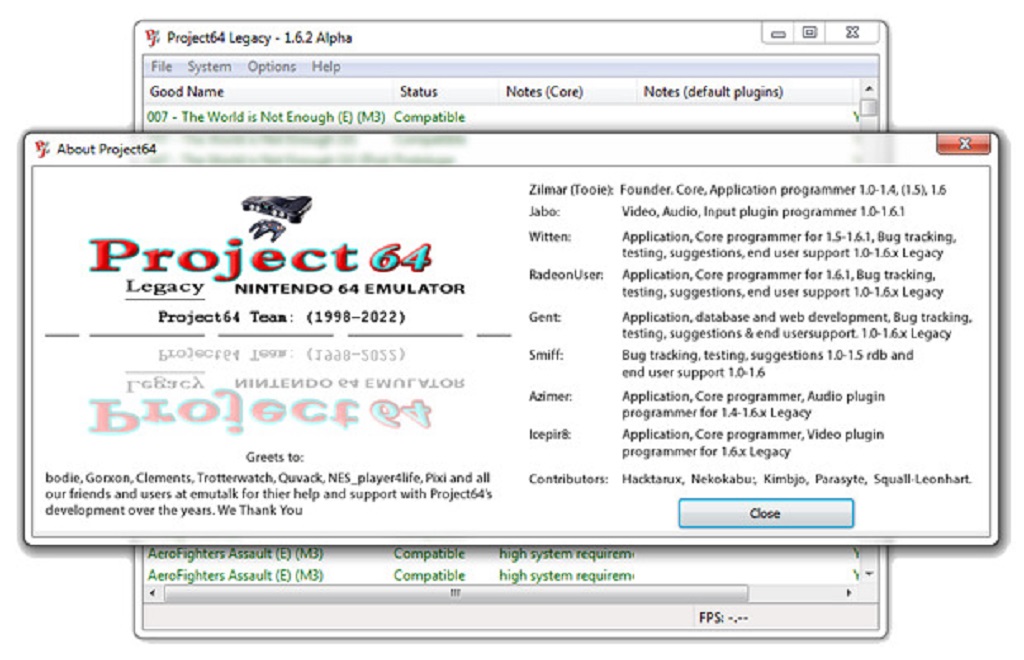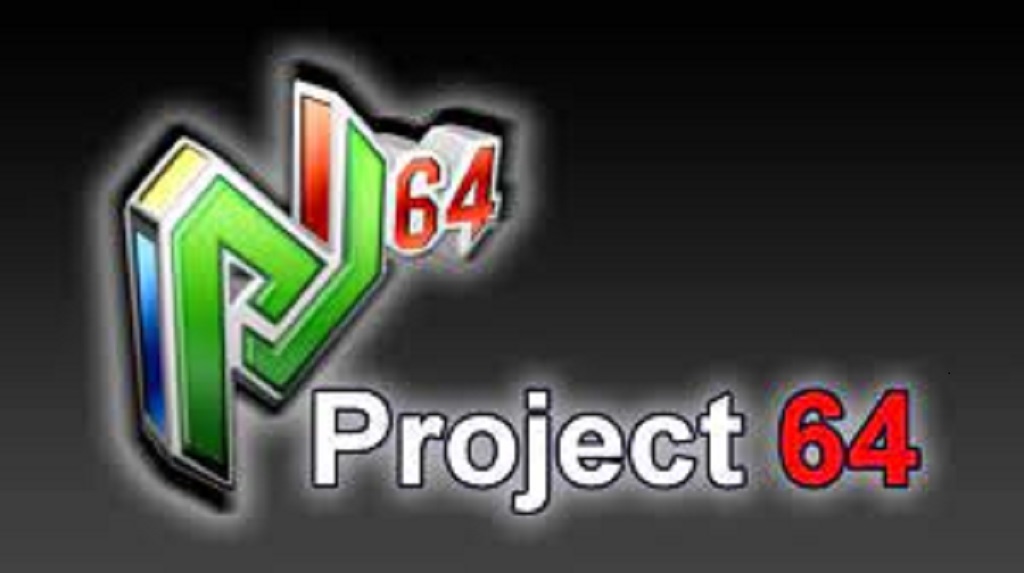
21 Aug Is Project64 Legal? Discover the Legitimacy of the N64 Emulator
Have you ever found yourself reminiscing about the good old days of gaming when the Nintendo 64 (N64) ruled the living rooms with its iconic titles like Super Mario 64 and The Legend of Zelda: Ocarina of Time? If you’re a gaming enthusiast or just a casual player, you might have come across Project64, an emulator that lets you relive those cherished N64 memories on your modern devices. But the question that often lingers is, “Is Project64 legal?” In this article, we’re going to dive into the depths of emulation, copyright, and legality to uncover the truth behind this nostalgic journey. This article is presented by Bitsofdays.com.
Understanding Emulation: What Is Project64?
Before we jump into the legality of Project64, let’s first understand what emulation is. Emulation is the practice of imitating a computer system, in this case, the N64 console, on different hardware, such as your PC or smartphone. Project64 is one of the most well-known emulators designed to recreate the N64 gaming experience by mimicking the console’s architecture and allowing you to play N64 games without the original hardware.
The Legal Gray Area
The legality of emulators like Project64 is where things get a bit blurry. Emulation itself is not inherently illegal. It has many legitimate uses, such as preserving and studying old software. However, the legality comes into question when you consider the games that are being played on these emulators. Many users wonder where to install project64, which is a popular emulator for Nintendo 64 games. It’s important to make sure that you are not infringing on any copyrights or breaking any laws when using emulators and playing ROMs. It’s always a good idea to do your research and understand the potential risks before diving into the world of emulation.
ROMs and Copyright Infringement
To play games on Project64, you need game files, also known as ROMs. ROMs are digital copies of the original game cartridges. This is where the legal waters can get murky. If you’re downloading ROMs for games that you don’t actually own, you might be entering into a territory of copyright infringement.
The Copyright Conundrum
Video game companies, like Nintendo, hold the copyright to their games. This means that copying and distributing their games without permission is a violation of copyright law. When you download a ROM for a game you didn’t purchase, you’re essentially obtaining a copy without the authorization of the copyright holder.
Examining Fair Use
Now, let’s introduce the concept of “fair use.” Fair use allows limited use of copyrighted material without permission from the copyright holder. This includes purposes like education, criticism, commentary, and news reporting. While some argue that emulators and ROMs fall under fair use for preservation and archival purposes, courts have not always ruled in favor of this argument.
The Digital Millennium Copyright Act (DMCA)
The Digital Millennium Copyright Act (DMCA) is a U.S. law that addresses copyright issues in the digital age. It criminalizes the distribution of tools and technologies that can be used to circumvent digital rights management (DRM) protections. While emulators themselves might not directly violate the DMCA, the distribution of copyrighted games without authorization does.
Navigating the Legal Landscape
So, where does that leave Project64 and its users? The legality of using Project64 depends largely on how you acquire and use ROMs. If you own the original game cartridges and create your own ROMs, you’re on safer ground. However, downloading copyrighted ROMs from the internet is riskier, as it can potentially lead to legal consequences.
FAQs
- Can I use Project64 to play games I own?
Absolutely! If you have the original game cartridges and create your own ROMs, you’re within your rights to use emulators like Project64.
- Is downloading ROMs from the internet always illegal?
It’s a gray area. Downloading ROMs for games you don’t own could potentially infringe on copyright laws.
- What about fan-made games and homebrew software?
Fan-made games and homebrew software often operate in a legal gray area. Some may be authorized, while others might not be.
- Are there any alternatives to Project64?
Yes, there are other N64 emulators available, such as Mupen64Plus and RetroArch.
- Could using Project64 lead to legal action?
Using Project64 itself might not lead to legal action, but downloading copyrighted ROMs could put you at risk.
In the end, the legality of Project64 and similar emulators hinges on how they are used and the source of the ROMs. While the nostalgia and convenience of reliving classic games are undeniable, it’s essential to navigate the legal landscape with caution. If you’re considering using Project64, make sure you’re well-informed about copyright laws and potential risks. Always prioritize respecting the rights of copyright holders and consider seeking legal advice if you’re uncertain about the legality of your actions. Just like learning how to make a compass in Minecraft enhances your navigation skills within the game, educating yourself about the legal aspects of emulation ensures you stay on the right path when enjoying retro gaming experiences.


No Comments